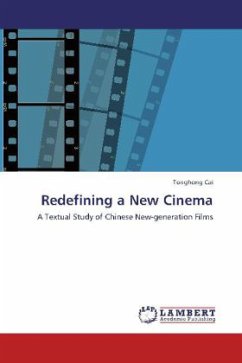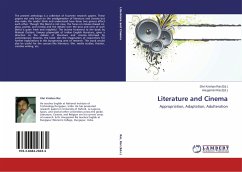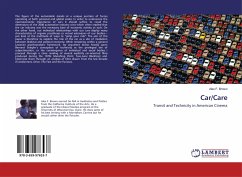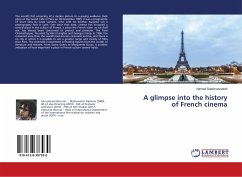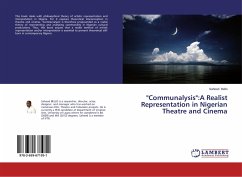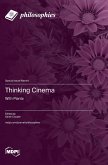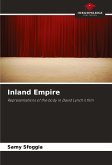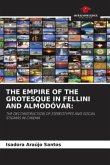Chinese cinema has developed over decades along a chain of generations shaped by rapid changes in the topography of history, politics, society, culture, and film aesthetics. A new generation of Chinese filmmakers emerged in the early 1990s, with audacious experiments and innovations attempted to defy the conventions of filmmaking and cinematic language. The controversial image of Chinese independent films has been defined, redefined, shaped, and reshaped over the last twenty years. This comprehensive book covers the history of Chinese independent films from the early 1990s to the present and provides a new perspective on the textual analysis of contemporary Chinese films. Tonghong Cai explores five kinds of text, including historical and sociocultural, cinematic, narrative, musical, and parodic text, and discusses the features of the writerly text which contribute to the new-generation films'avant-garde nature and their position as a new cinema. This book is a good reference source for scholars and readers who are interested in contemporary Chinese cinema, film narrative, popular music and postmodernism.
Bitte wählen Sie Ihr Anliegen aus.
Rechnungen
Retourenschein anfordern
Bestellstatus
Storno

